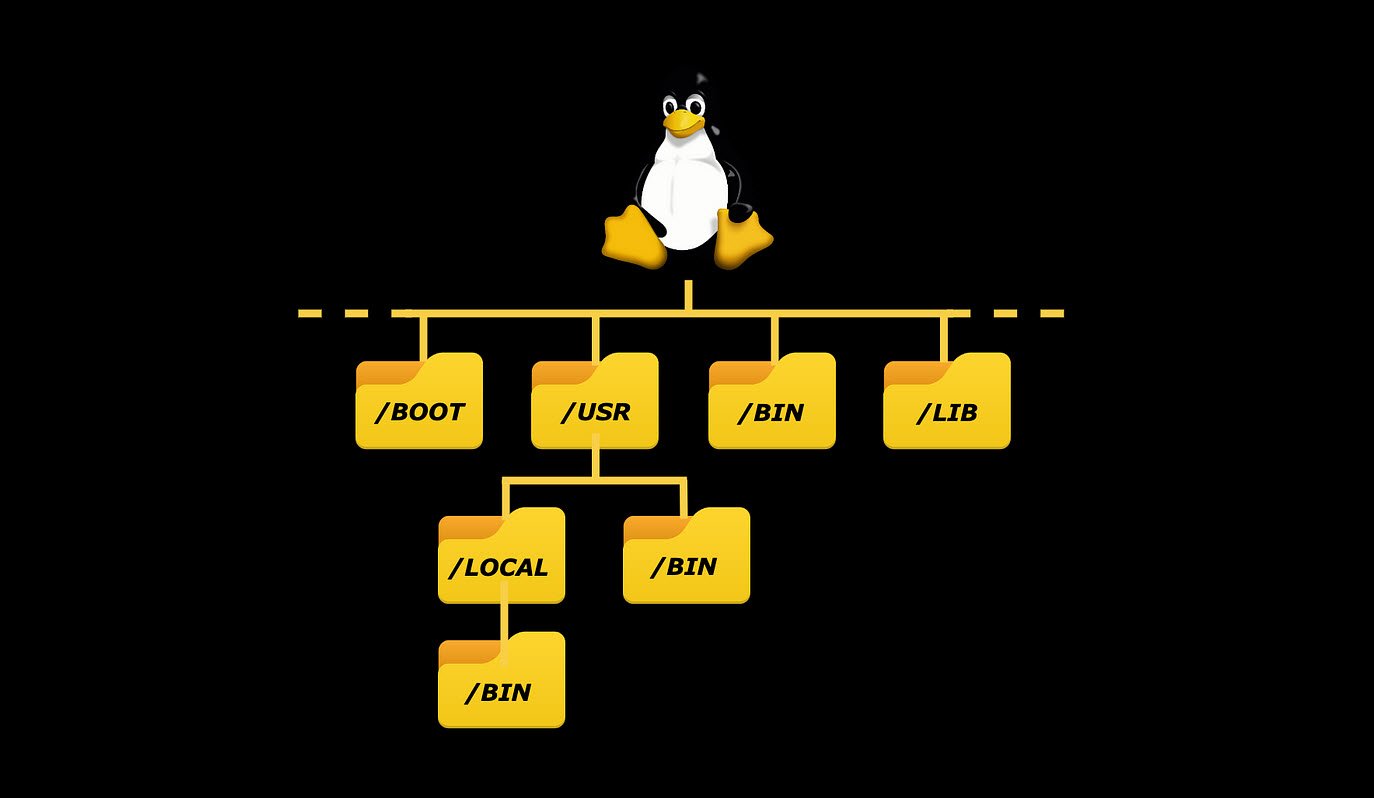
This article provides a concise guide to allow you to quickly look up a feature or command that you can use from the bash command line or from a bash shell script.
Also Read:
- List of Bash Environment Variables in Linux
- Useful Linux Networking Commands You Need To Know
- [Linux] List of Important BASH External Commands
- [100+] List of Most Common Unix and Linux Commands
- List of Important Unix/Linux Files and Their Permissions
- The Bash Built-in Commands
Built-in Commands the bash shell includes many popular commands built into the shell. This provides for faster processing times when using these commands.
| Command | Description |
| alias | Define an alias for the specified command. |
| bg | Resume a job in background mode. |
| bind | Bind a keyboard sequence to a redline function or macro. |
| break | Exit from a for, while, select, or until loop. |
| builtin | Execute the specified shell built-in command. |
| cd | Change the current directory to the specified directory. |
| caller | Return the context of any active subroutine call. |
| command | Execute the specified command without the normal shell lookup. |
| compgen | Generate possible completion matches for the specified word. |
| complete | Display how the specified words would be completed. |
| continue | Resume the next iteration of a for, while, select, or until loop. |
| declare | Declare a variable or variable type. |
| dirs | Display a list of currently remembered directories. |
| disown | Remove the specified jobs from the jobs table for the process. |
| echo | Display the specified string to STDOUT. |
| enable | Enable or disable the specified built-in shell command. |
| eval | Concatenate the specified arguments into a single command, and then execute the Command. |
| exec | Replace the shell process with the specified command. |
| exit | Force the shell to exit with the specified exit status. |
| export | Set the specified variables to be available for child shell processes. |
| fc | Select a list of commands from the history list. |
| fg | Resume a job in foreground mode. |
| getopts | Parse the specified positional parameters. |
| hash | Find and remember the full pathname of the specified command. |
| help | Display a help file. |
| history | Display the command history. |
| jobs | List the active jobs. |
| kill | Send a system signal to the specified process ID (PID). |
| let | Evaluate each argument in a mathematical expression. |
| local | Create a limited-scope variable in a function. |
| logout | Exit a login shell. |
| popd | Remove entries from the directory stack. |
| printf | Display text using formatted strings. |
| pushd | Add a directory to the directory stack. |
| pwd | Display the pathname of the current working directory. |
| read | Read one line of data from STDIN and assign it to a variable. |
| readonly | Read one line of data from STDIN and assign it to a variable that can’t be changed. |
| return | Force a function to exit with a value that can be retrieved by the calling script. |
| set | Set and display environment variable values and shell attributes. |
| shift | Rotate positional parameters down one position. |
| shopt | Toggle the values of variables controlling optional shell behavior. |
| suspend | Suspend the execution of the shell until a SIGCONT signal is received. |
| test | Return an exit status of O or 1 based on the specified condition. |
| times | Display the accumulated user and system |
| trap | Execute the specified command if the specified system signal is received. |
| type | Display how the specified word would be interpreted if used as a command. |
| ulimit | Set a limit on the specified resource for system users. |
| umask | Set default permissions for newly created files and directories. |
| unalias | Remove the specified alias. |
| unset | Remove the specified environment variable or shell attribute. |
| wait | Wait for the specified process to complete, and return the exit status. |
You may also like:
- Top 40 Useful Linux Command Snippets
- Essential Commands For Process Management in Kali Linux
- A Comprehensive Guide to File System Commands in Linux
- Essential File Compression Commands in Linux
- Secure Shell (SSH) Protocol – A Comprehensive Guide
- Monitoring Active Connections in Kali Linux Using Netstat
- Manage Time and Date in Linux with timedatectl
- How to Add a User to Sudoers on Ubuntu
- 25 Popular Linux IP Command Examples
- Top 11 Nmap Commands for Remote Host Scanning








